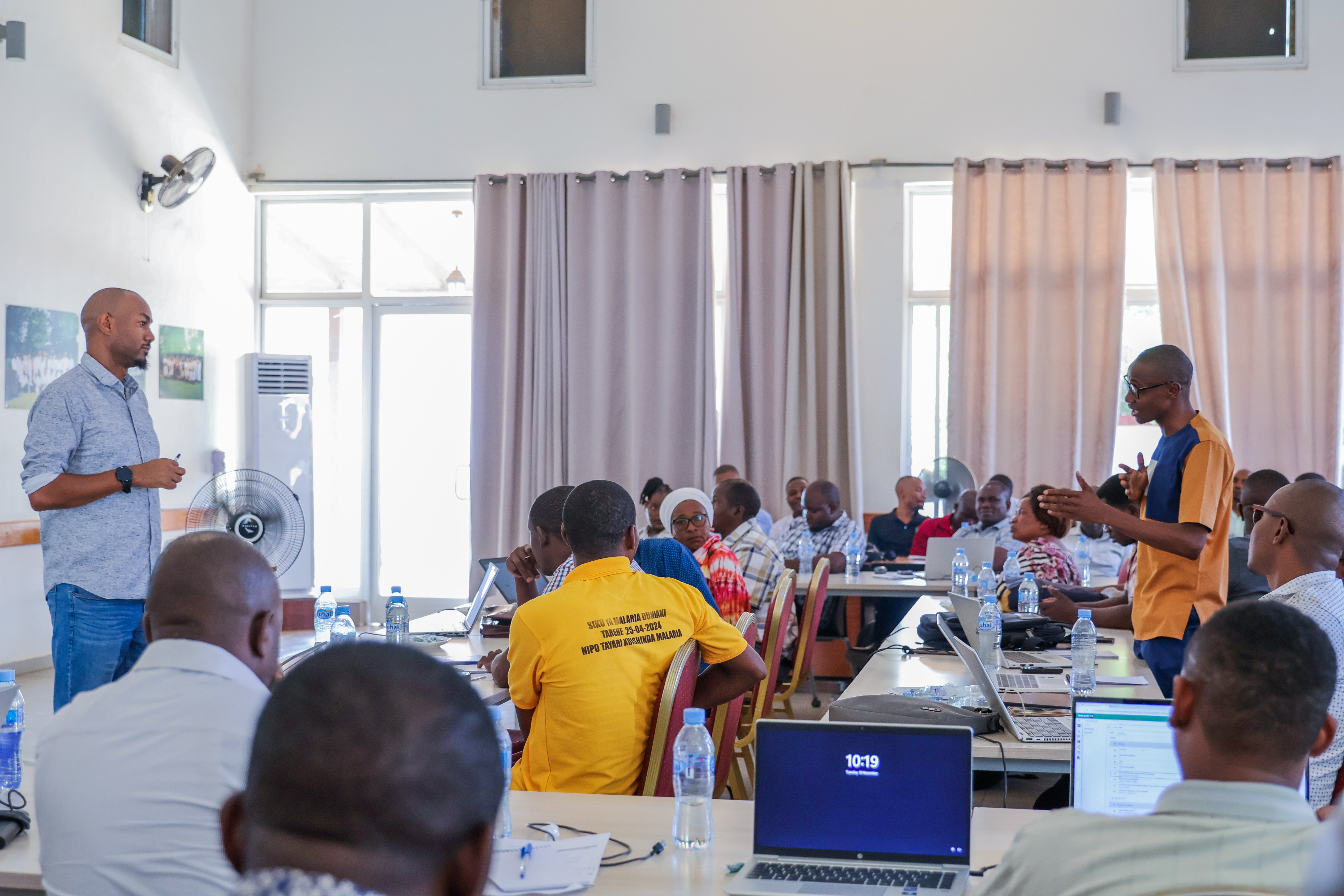
TRAINING: How to effectively deal with a notorious mosquito species - anopheles stephensi

This week, Ifakara Health Institute, in collaboration with the National Malaria Control Programme (NMCP), conducted an intensive six-day refresher training on effective malaria vector entomological control and surveillance.
The training aimed to enhance participants' skills in vector surveillance and control focusing on monitoring a notorious mosquito species - anopheles stephensi – and managing data through the electronic Vector Database Management System (MosquitoDB).
This invasive mosquito species, which has been reported in neighboring countries such as Kenya, is known for its rapid spread and ability to undermine malaria control efforts.
The week-long program, held from November 18 to 23, 2024, in Ifakara, Morogoro, brought together nearly 80 participants from the Ministry of Health (MoH), the NMCP, and the National Institute for Medical Research (NIMR) – Tanga center.
Through a combination of theory and practical demonstrations, participants gained knowledge and technical expertise needed to address the potential threat posed by anopheles stephensi, also known as the Asian Mosquito.
During the program, participants were trained in mosquito collection, rearing, and identification—key skills required for effective vector surveillance and control.
Dr. Yeromin Mlacha, a researcher at Ifakara, was among lead facilitators of the training. He was joined by a team of experts in the field, including Dr. William Kisinza from NIMR-Tanga, Charles Dismas Mwalimu from NMCP, Prof. Nico Govella from PSI, as well as Ifakara research scientists Prof. Samson Kiware and Dr. Halfan Ngowo.
More photos from the training here:
